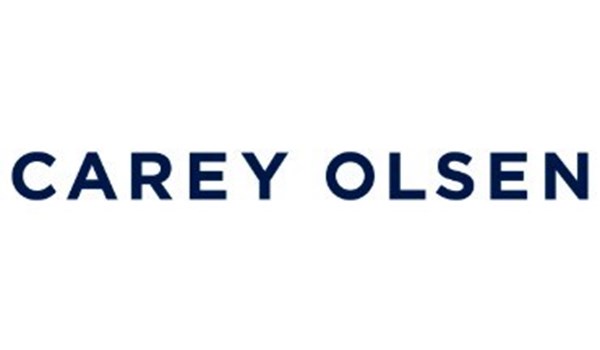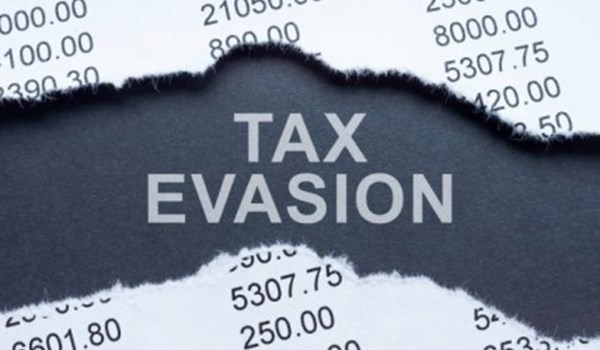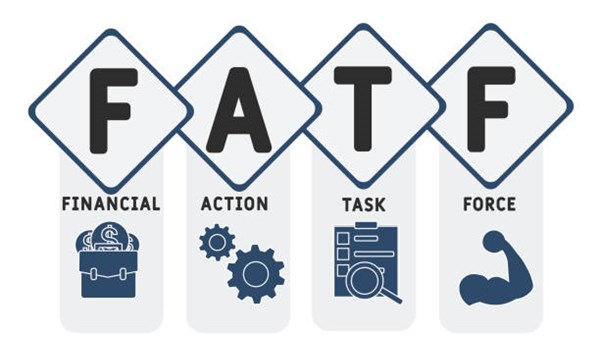The Democratic Party may control the government in Washington state, but opinions are sharply divided regarding the potential implementation of a 1% wealth tax in 2025.
The tax proposal, analyzed in a report published in November by the state’s Department of Revenue, is being championed by Washington Gov. Jay Inslee and a group of lawmakers in the state’s House and Senate chambers.
Inslee says the tax is critical to help the state generate much-needed revenue tied to youth mental health and homeless services. But opponents argue that such a tax is “impractical,” so they likely will raise “serious legal challenges” to both its implementation and enforcement.
The same criticisms have been leveled in states like California and Vermont, where lawmakers are also debating such proposals. Among the highest-profile critics of the proposal in Washington is Nick Hanauer, a Seattle business entrepreneur and Democratic supporter.
Hanauer has contrasted the current proposal with a previously successful effort to implement a state capital gains tax, according to The Center Square, the conservative news website formerly known as Watchdog.org.
“I’ve spent my life working to address income inequality & progressive taxation,” Hanauer wrote on X/Twitter. “We worked hard to create the conditions that made the capital gains tax possible and thus many of WA’s wealthiest citizens were supportive of its passage. The opposite will be true for this tax.”
Due to current tax laws and regulations in Washington, the state’s wealth tax would “almost certainly be a property tax subject to the Washington State Constitution’s property tax limitations, including the 1% aggregate rate limit and uniformity clause,” according to the Revenue Department.
Property, in this context, may be defined as the value of any combination of personal assets — including cash, bank deposits, real estate, assets in insurance and pension plans, ownership of unincorporated businesses, financial securities and personal trusts.
“It’s a well-established principle in Washington state that a tax on the mere ownership of property is a property tax,” the report explains. “As such, a recurrent tax on the value of a person’s ownership of assets would likely be considered a property tax in this state.”
“In Washington, the characterization of a wealth tax as a property tax is a consequential determination that places constitutional limitations on how the tax must be structured and ultimately administered,” it adds.



